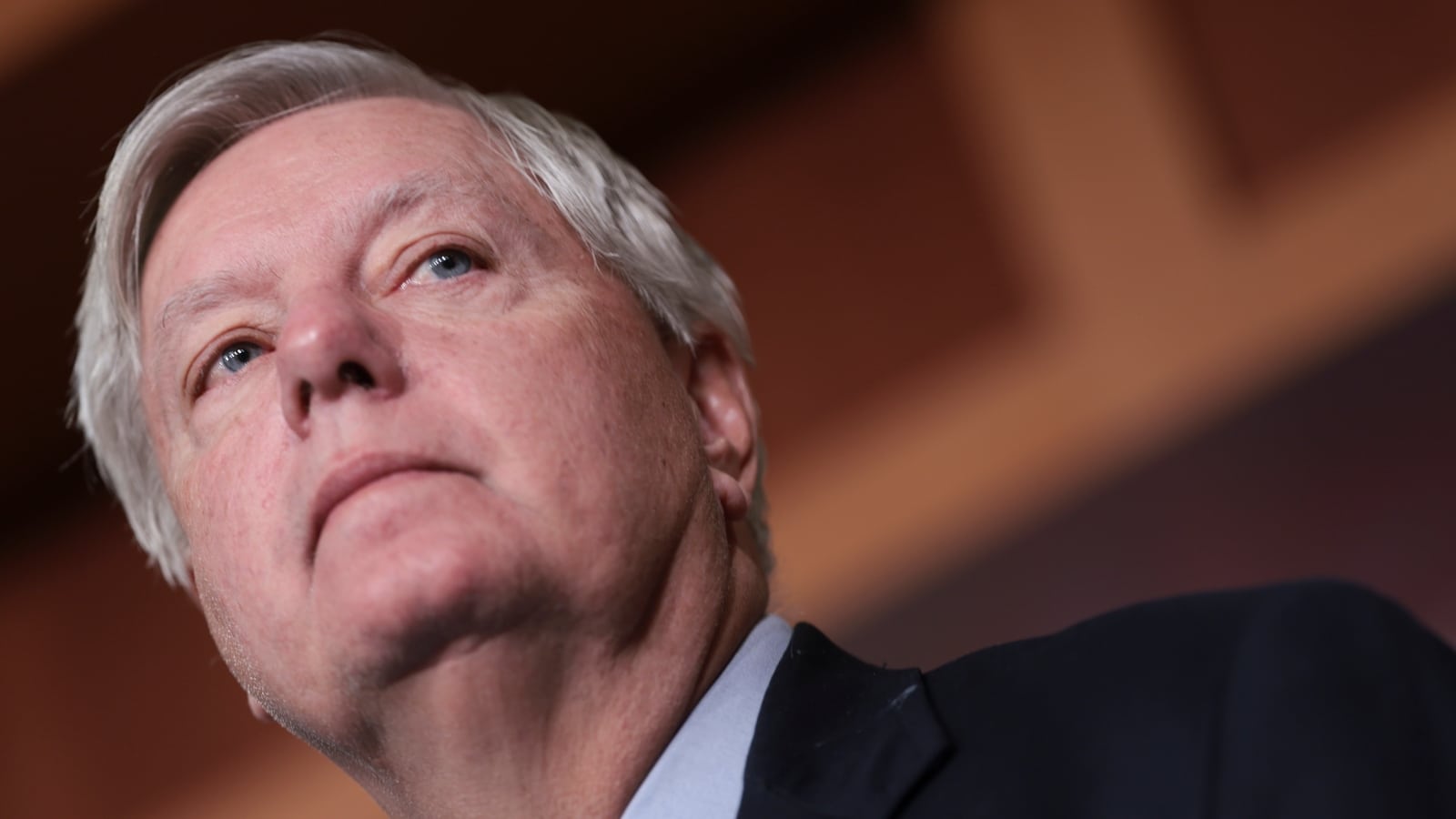OPINION: This article may contain commentary which reflects the author's opinion.
In a stark turnaround that is certain to anger the Republican voter base, a number of GOP senators have joined with Democratic colleagues to advance several of President Joe Biden’s nominees for lifetime appointments to federal courts in the absence of Sen. Dianne Feinstein (D-Calif.)
“The Senate Judiciary Committee discharged seven nominees from President Joe Biden on April 20 as at least one Republican joined all remaining Democrats on the panel,” The Epoch Times reported on Friday.
Jeffrey Cummings and LaShonda Hunt, nominated for U.S. District Court judgeships in the Northern District of Illinois, along with Orelia Merchant, nominated for a U.S. District Court judgeship in the Eastern District of New York, received assistance from GOP senators to advance their nominations, the news outlet reported.
Additionally, Michael Farbiarz and Robert Kirsch, who were nominated for U.S. District Court judgeships in the District of New Jersey, as well as Monica Almadani and Wesley Hsu, who were nominated for U.S. District Court judgeships in the Central District of California, received similar assistance from GOP senators to move forward in the nomination process, said the report.
The Senate is currently under Democratic control, which grants them a majority on each committee, including the Judiciary panel, where they have 11 members led by Chairman Dick Durbin (D-Ill.). Republicans have 10 members, but Feinstein has been absent since February due to her battle with shingles and requested to be temporarily replaced. However, Ranking Member Lindsey Graham (R-S.C.) blocked her bid.
And yet, he has joined with other Republicans on the committee to help Democrats advance several of Biden’s nominees.
“Our agenda includes a number of judicial nominees who have been sitting on the agenda for some time. Some have bipartisan support. There’s nothing to prevent us from calling and voting on these nominees today even in Sen. Feinstein’s absence,” Durbin told reporters as he prepared to hold the first nomination votes in weeks. “I understand we now have agreement to vote on several of them. I’ve spoken to Sen. Graham.”
Graham added: “Today, I’m going to do my part, and my colleagues will vote the way they think is best, to keep the committee moving forward.”
The Judiciary panel is responsible for reviewing the nominees presented by President Biden. Although Feinstein voted by proxy for each nominee, committee rules stipulate that proxy votes can only be cast if they are not the deciding vote, as per CNN. But the nominees cannot advance to a full vote of the Senate without Republican support.
Graham was the sole Republican to vote in favor of three of the nominees. However, multiple other Republicans, including Senators Chuck Grassley (R-Iowa) and Mike Lee (R-Utah), voted in favor of other nominees, The Epoch Times noted.
Senate Minority Leader Mitch McConnell (R-Ky.) recently said on the Senate floor that nominees “who are mainstream and qualified” would earn bipartisan support. But he added that Feinstein’s absence would mean “that Democrats aren’t able to push through a small fraction of their nominees who are so extreme and so unqualified that they cannot win a single Republican vote in committee.”
To that end, Durbin held off a vote on some of the more extreme Biden selections, including Kato Crews. Also, he was unable to recall what a key judicial proceeding meant.
Under questioning from Sen. John Kennedy (R-La.) during his confirmation hearing. Crews said he could not recall what a Brady motion was.
“I believe the Brady case involves something regarding the Second Amendment. It has not—I’ve not had occasion to address that. If that issue were to come before me, I would certainly analyze that Supreme Court precedent and apply it, as I would need to, to the facts in front of me,” Crews said during the hearing.
But in fact, “under the U.S. Supreme Court decision Brady v. Maryland, defendants may seek to force prosecutors to turn over evidence that may be favorable to the defendants,” The Epoch Times reported.
That lack of knowledge from Crews, who is currently a judge in Denver, meant he was not qualified to sit on a federal bench, McConnell declared.
“Charnelle Bjelkengren, another appointee who did not receive a vote, couldn’t say during her confirmation hearing what Article II or Article V of the U.S. Constitution says,” The Epoch Times noted.
